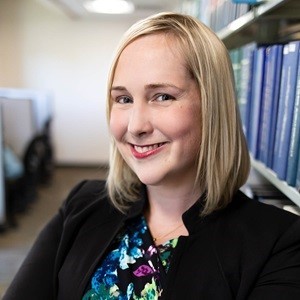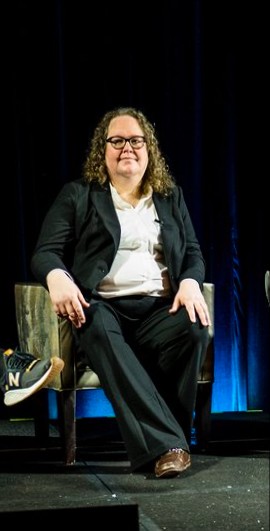Lawyers of ACS
Post
July 2023: Katherine Macfarlane
Jul 28, 2023
Katherine Macfarlane (she/her) Associate Professor of Law and Director of the Disability Law and Policy Program, Syracuse University College of Law From an early age, I knew I wanted to be a lawyer. I was inspired by the civil rights movement of the 1950s and 1960s, and the young people who took part in sit-ins and […]
Post
June 2023: Caroline McNamara
Jun 18, 2023
Caroline McNamara (she/her) Staff Attorney, American Civil Liberties Union of Florida; ACS Next Generation Leader I've been practicing law, mostly federal court litigation, for almost fifteen years. The American Constitution Society has been part of my journey from the beginning, when I joined the University of Washington student chapter as a 1L back in 2006. […]


